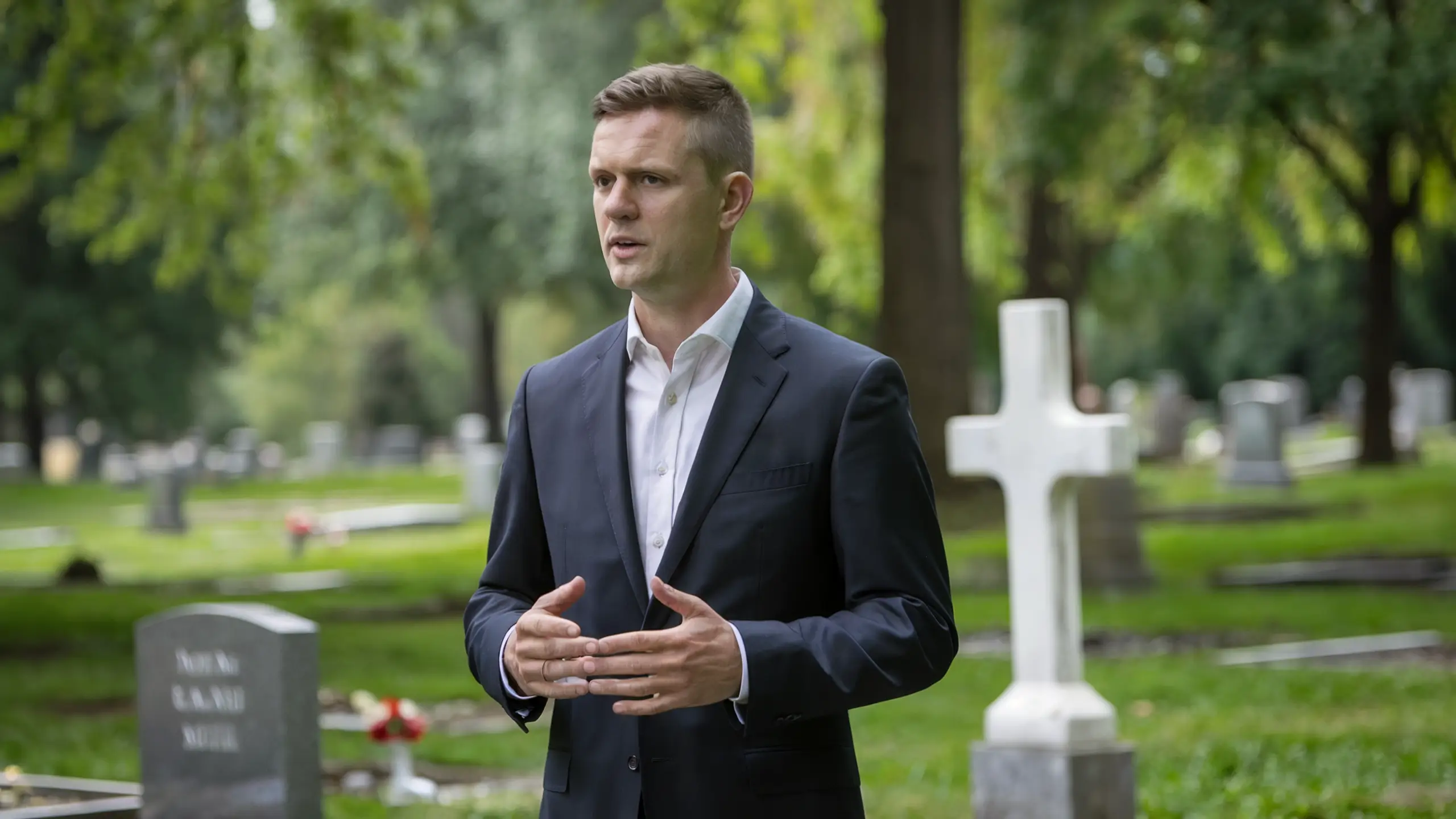- Friday, December 6, 2024
Coping with Grief: Resources and Strategies for Healing
Grieving the loss of a loved one is one of life’s most challenging experiences. The journey through grief is deeply personal, often marked by a complex mix of emotions, memories, and adjustments. Understanding how to navigate this difficult time is essential for healing and finding peace. This guide explores various resources and strategies to help […]
Grieving the loss of a loved one is one of life’s most challenging experiences. The journey through grief is deeply personal, often marked by a complex mix of emotions, memories, and adjustments. Understanding how to navigate this difficult time is essential for healing and finding peace. This guide explores various resources and strategies to help you cope with grief, offering support and pathways to recovery.
Understanding Grief
Grief is a natural response to loss, encompassing a range of emotional, physical, and psychological reactions. It’s important to recognize that grief is not a linear process; it can ebb and flow, presenting itself in different forms over time. Common emotions include sadness, anger, guilt, and confusion, while physical symptoms might involve fatigue, changes in appetite, or difficulty sleeping. Understanding that these reactions are normal can help you accept your feelings and begin the healing process.
Seeking Professional Support
One of the most effective ways to cope with grief is to seek professional support. Grief counselors and therapists are trained to help individuals navigate their emotions and develop coping mechanisms. Therapy provides a safe space to express your feelings, work through unresolved emotions, and gain insights into your grieving process. Additionally, support groups offer the opportunity to connect with others who are experiencing similar losses, fostering a sense of community and shared understanding.
Leaning on Loved Ones
During times of grief, the support of family and friends can be invaluable. Sharing your feelings with trusted loved ones can provide comfort and reduce the sense of isolation. It’s important to communicate your needs, whether it’s simply having someone to listen or seeking practical assistance with daily tasks. Allowing others to support you can lighten the emotional burden and help you feel connected and cared for.
Practicing Self-Care
Taking care of yourself is crucial when coping with grief. Grief can take a toll on your physical and emotional well-being, so prioritizing self-care activities can aid in your recovery. This includes maintaining a balanced diet, getting regular exercise, and ensuring adequate rest. Engaging in activities that bring you joy or relaxation, such as reading, walking in nature, or practicing mindfulness, can also help restore a sense of normalcy and peace.
Creating Rituals and Memorials
Creating rituals or memorials can provide a meaningful way to honor and remember your loved one. This could involve participating in traditional funeral services, holding a memorial ceremony, or establishing personal traditions such as lighting a candle on anniversaries or visiting a special place. These acts of remembrance help keep the memory of the deceased alive and can offer comfort by providing a sense of continuity and connection.
Expressing Your Emotions
Allowing yourself to fully experience and express your emotions is an essential part of the grieving process. Suppressing feelings of sadness, anger, or frustration can prolong grief, whereas acknowledging and expressing these emotions can facilitate healing. Journaling, creating art, or engaging in other creative outlets can be effective ways to process your feelings. Additionally, talking openly about your emotions with trusted individuals can provide relief and validation.
Finding Meaning and Purpose
In the aftermath of loss, finding meaning and purpose can aid in healing. This might involve reflecting on the positive aspects of your relationship with the deceased, recognizing personal growth that has emerged from the experience, or finding ways to honor their legacy through acts of kindness or charitable work. Seeking meaning can transform grief into a source of strength and resilience, helping you move forward while cherishing the memories of your loved one.
Utilizing Online Resources
The digital age has made a wealth of resources available for those coping with grief. Online support groups, forums, and counseling services offer accessible ways to seek help and connect with others. Websites dedicated to grief support provide articles, coping strategies, and directories for finding professional assistance. Additionally, mobile apps focused on mental health and mindfulness can offer tools to manage stress and promote emotional well-being during difficult times.
Embracing Spirituality or Religion
For many, spirituality or religion provides comfort and guidance during periods of grief. Engaging in spiritual practices, such as prayer, meditation, or attending religious services, can offer solace and a sense of hope. Communities of faith often provide a supportive environment where individuals can share their experiences and find strength through shared beliefs and rituals. Exploring your spiritual or religious beliefs can help you find peace and understanding as you navigate your grief.
Allowing Time to Heal
Healing from grief takes time, and it’s important to be patient with yourself throughout the process. There is no set timeline for grieving, and everyone’s journey is unique. Allow yourself the grace to move through your emotions at your own pace, without judgment or pressure to “move on” quickly. Recognizing that healing is a gradual process can help you embrace each step towards recovery with compassion and self-kindness.
In Conclusion
Coping with grief is a deeply personal journey that requires understanding, support, and self-compassion. By seeking professional help, leaning on loved ones, practicing self-care, and finding meaningful ways to honor your loved one, you can navigate the complexities of grief and begin to heal. Remember that it’s okay to seek help and that you don’t have to face your grief alone. Through the resources and strategies outlined in this guide, you can find pathways to healing and rediscover hope and peace in the aftermath of loss.
More Posts
No results available
Reset








